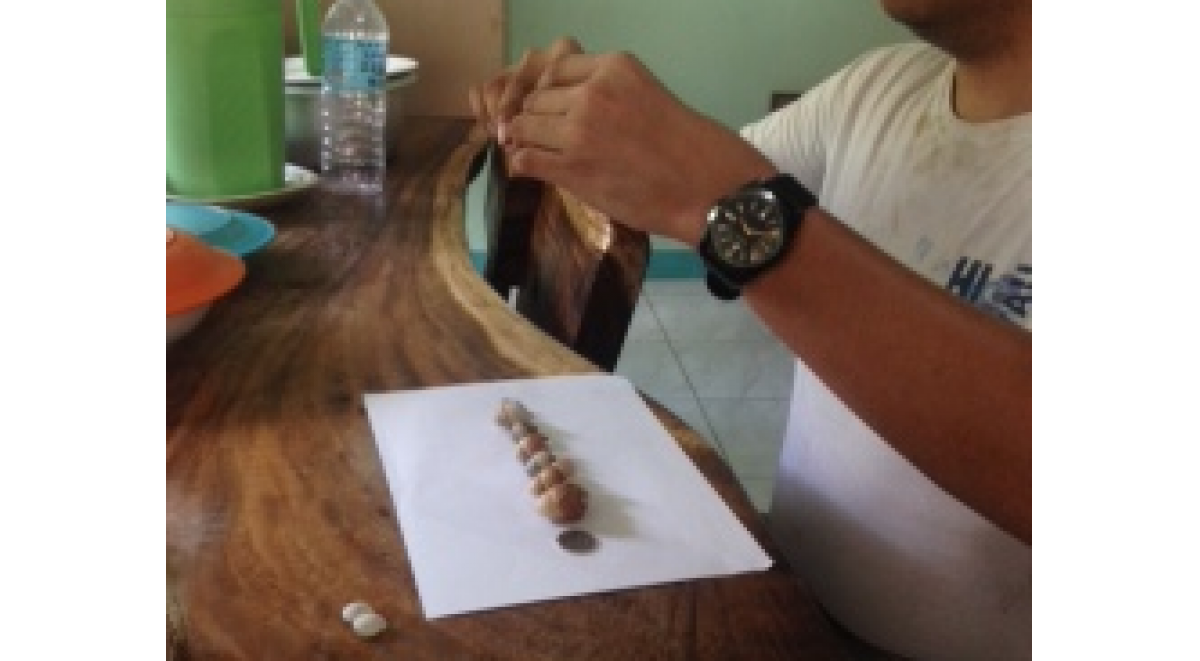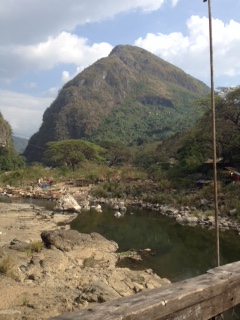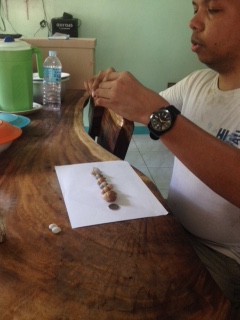
A Quest for Snails and Knowledge: My Conservation Adventure with the Avilon Zoo
In our beautifully vast and interconnected world there are numerous different types and branches to education. Here at Springboard we are ever striving to introduce children to more subjects and resources in order to create a better future for themselves. An important and often overlooked sect of education here in the Philippines is wildlife conservation and environmental sustainability. In the past, Springboard has partnered with Victorinox to send a group of youth from Jesus Loves the Little Children to Avilon Ark Zoo in Mandaluyong in order to expand their knowledge of wildlife and partake in art projects. Springboard would like to engage in more activities that bridge the gap between children and the environment and so it was with great pleasure that we recently made the acquaintance of Avilon Zoo’s Curator and Conservation Program Director, Noel Rafael. Avilon’s Wild C.A.R.E program is currently working on several exciting projects in conservation which they hope to engage the general public in and we at Springboard are going to do our best to join their effort!
My volunteering time at Springboard began two months ago after some 40 odd hours of travel from my home state of Ohio in the U.S. I was lucky enough to be referred to Springboard through a friend who used to live in the Philippines and has a personal connection to the Foundation. Since my time began I have had many wonderful experiences working with schools and other organizations, learning so much about the ins and outs of charity work. My degree, however, is in Biology so when Noel invited Springboard to join in a conservation program, I jumped at the opportunity. Therefore, this past Saturday I found myself accompanying a team of researchers from the University of the Philippines and personnel from the Avilon Zoo on a hike up Mt. Montalban in the Pamitinan Protected Landscape of Rizal, just outside of Manila. The purpose for our trip: snails! Snails are an indicator for the health of the environment.
Some of you may be familiar with the Mt. Montalban area due to the terrible flood that cost so many lives during typhoon Ondoy in 2009, but also for the famous Wawa dam and Pamitinan Cave, which played an important part in Filipino history and are now tourist attractions for the area. Did you also know that the surrounding mountains and the dam itself are part of a federally protected landscape? The Philippines boasts a lush natural environment and is home to several endemic (only found here) species. As the Philippines continues towards development, there are increasingly fewer places for these species to find sanctuary and to thrive and Pamitinan is one of those places. The startling Butaan can be found here, or Gray’s monitor lizard that is one of the only lizards in the world to mainly eat fruit. Another tasty morsel for these lizards is snails, of which the Philippines has a plethora of diverse species. Snails are fascinating little creatures that are highly sensitive to their environments and exceptional indicators of forest health. This was the subject of our search while trekking up Mt. Montalban.
The true hiking began at 11am and as we climbed up and up steep and rocky trails, I was surprised by the amount of tourists we saw along the way. The trip for us was one of scientific reconnaissance but for the rest of the general public it was a day of leisure and an opportunity for some quite exciting new profile pictures. Nevertheless, we continued on collecting every sized snail shell as we went. As we went along our business, however, the most wonderful thing happened: the public joined our cause. People ahead and behind started handing us dirt covered shells and asking about the project. It was just the sort of impromptu educational encounter that we at Springboard love to see and which added an extra level of fun to the whole day.
Once the hike was complete and the specimens were collected, the shells were measured and documented. This excursion was only the first in a series of data collecting trips that will be going on over the next year which will provide Avilon with an updated diversity profile for the Pamitinan area. This information will hopefully be used to establish more concrete protective measures for the area and to develop educational programs for the local populations, especially children that would instil in them a sense of pride and ownership for their unique natural landscapes.
We at Springboard are excited for these future plans of outreach and education and will look forward to being a resource to Avilon Zoo in the future. In time, we hope to create projects that will open up the realms of conservation and environmental sustainability to our younger generation.
Audrey Trauth


